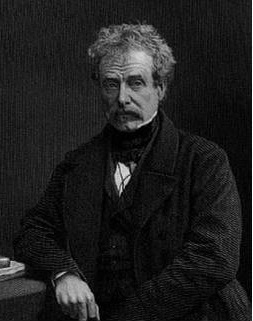Field Marshal. Born Glasgow as Colin Macliver but his maternal uncle financed his education so he took his surname, Campbell. Rose through the army ranks, fought at the Crimea and as Commander-in-Chief put down the Indian Rebellion. Died at a friend's home in Kent.
This section lists the memorials where the subject on this page is commemorated:
Colin Campbell, Lord Clyde
Commemorated ati
Colin Campbell
This is a rather grand memorial: the statue with Campbell resting his telesco...
Other Subjects
Cetshwayo
Ruler of the Zulu kingdom. Born Cetshwayo kaMpande at Mlambongwenya. His birth year is approximate. Succeeded as king on 1st September 1873. His refusal to disband his army as demanded by the Briti...
1 memorial
War dead, WW2
1 memorial
War dead, WW2
1 memorial
War dead, WW2
1 memorial
G. F. Nightingale
Employed at the Streatham bus garage. Served and was killed in WW1.
War dead, WW1
1 memorial
Previously viewed
War dead, WW2
1 memorial
War dead, WW1
1 memorial
War dead, WW1
1 memorial
War dead, WW2
2 memorials
War dead, WW1
1 memorial




Comments are provided by Facebook, please ensure you are signed in here to see them